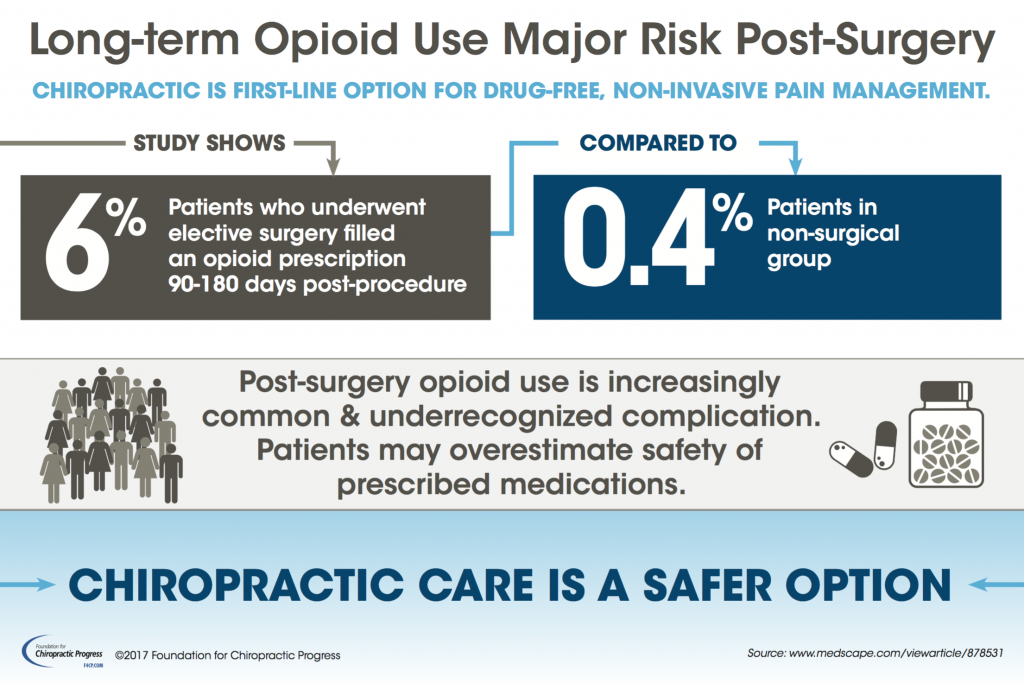Care For Your Back By Uncovering The Effect Of Your Diet On Pain Monitoring-- Find Out Which Foods Can Provide Relief And Which Ones To Stay Away From
Care For Your Back By Uncovering The Effect Of Your Diet On Pain Monitoring-- Find Out Which Foods Can Provide Relief And Which Ones To Stay Away From
Blog Article
lumbar back By-Whitley Nicolajsen
When it pertains to managing your pain in the back, the food options you make can dramatically affect exactly how you feel each day. Think of having the ability to relieve your pain just by readjusting what you eat. By comprehending the function of nutrition in pain in the back management and understanding which foods to incorporate or avoid, you can take positive actions in the direction of a healthier and a lot more comfortable lifestyle. The connection between nourishment and back health is a lot more extensive than you may understand-- let's explore how particular foods can either relieve or intensify your back pain.
Importance of Nutrition in Neck And Back Pain
Nourishment plays a crucial function in handling pain in the back. Your diet plan can dramatically impact swelling degrees and general discomfort levels in your back. Taking in a balanced diet plan abundant in nutrients like vitamins D and K, calcium, magnesium, and omega-3 fats can help reduce swelling and reinforce bones, which are essential for back health.
In addition, preserving a healthy weight with proper nourishment can relieve stress and anxiety on your back, decreasing the risk of back pain.
Moreover, particular nutrients like anti-oxidants found in vegetables and fruits can help battle oxidative tension and promote healing in the body, including the back muscle mass and spinal column.
On the other hand, eating extreme quantities of processed foods, sugary beverages, and undesirable fats can add to swelling and weight gain, worsening neck and back pain.
Foods to Consume for Back Health And Wellness
To support a healthy and balanced back, incorporating nutrient-rich foods into your daily meals is crucial. Consisting of foods high in antioxidants like berries, spinach, and kale can help reduce inflammation in your back, alleviating discomfort and pain. Omega-3 fats located in fatty fish such as salmon and mackerel have anti-inflammatory homes that can profit your back wellness.
Additionally, consuming nuts and seeds like almonds, walnuts, and chia seeds offers vital nutrients like magnesium and vitamin E, which sustain muscular tissue function and minimize oxidative tension. Incorporating lean proteins such as poultry, turkey, and tofu can aid in muscular tissue repair service and upkeep, promoting a solid back.
Do not forget to include dairy products or fortified plant-based options for calcium to sustain bone wellness. simply click the next document but not least, hydrate with a lot of water to keep your back discs moistened and working efficiently. By including extreme pain in lower back when standing up -dense foods in your diet regimen, you can nurture your back and assistance total spinal health.
Foods to Prevent for Back Pain
Select avoiding processed foods high in added sugars and trans fats when looking for remedy for back pain. These types of foods can contribute to inflammation in the body, which might intensify pain in the back. Say no to sugary treats sweet, pastries, and sweet drinks, as well as fast food things like hamburgers, french fries, and fried poultry that are usually packed with trans fats.
In addition, stay away from foods having high degrees of refined carbohydrates, such as white bread, pasta, and breads, as they can surge blood sugar level degrees and potentially intensify inflammation in the body.
It's also wise to limit your intake of foods high in saturated fats, like red meat and full-fat milk items, as they can add to swelling. Processed foods like deli meats, chips, and packaged snacks are usually high in hydrogenated fats and ought to be eaten in small amounts.
Verdict
To conclude, taking note of your diet regimen and making smart food choices can have a significant effect on managing pain in the back. By incorporating nutrient-rich foods like berries, fatty fish, nuts, and lean healthy proteins, and preventing refined and sweet products, you can help in reducing swelling and support on the whole back wellness. Bear in mind, what you consume plays an important role in how you really feel, so see to it to prioritize your nutrition for a healthier back.
